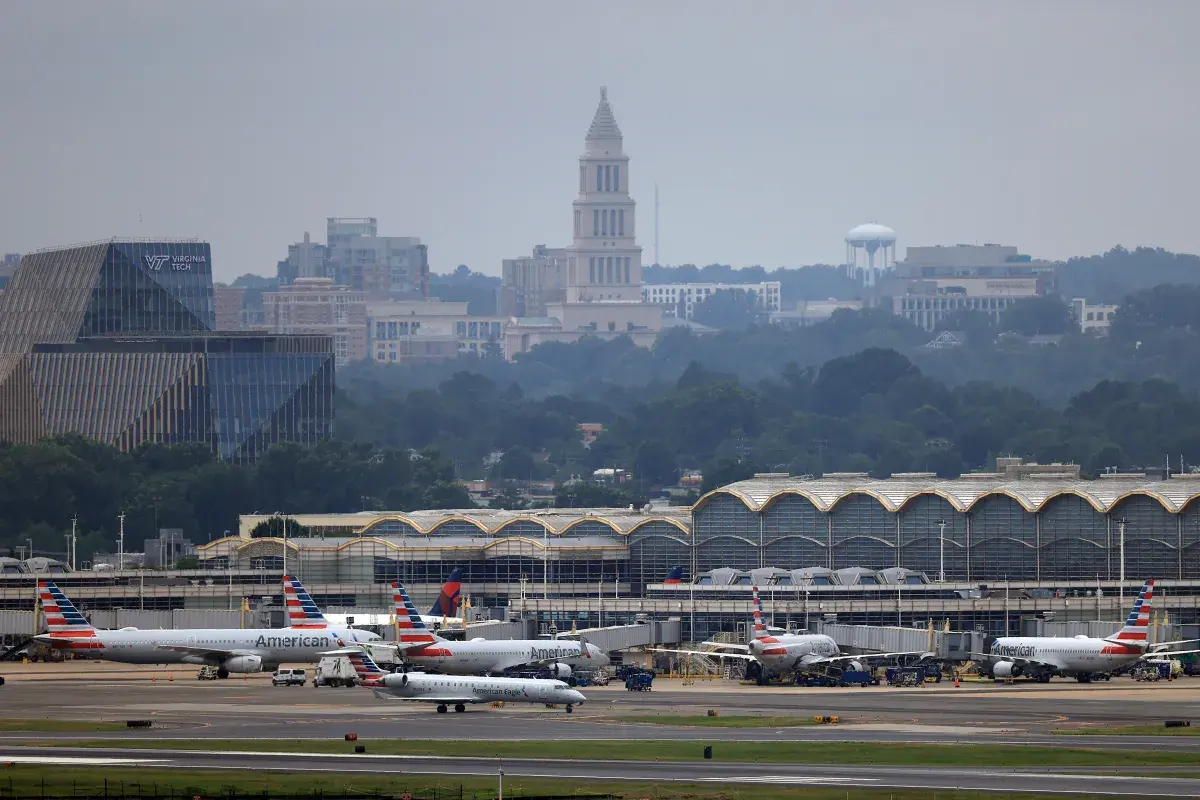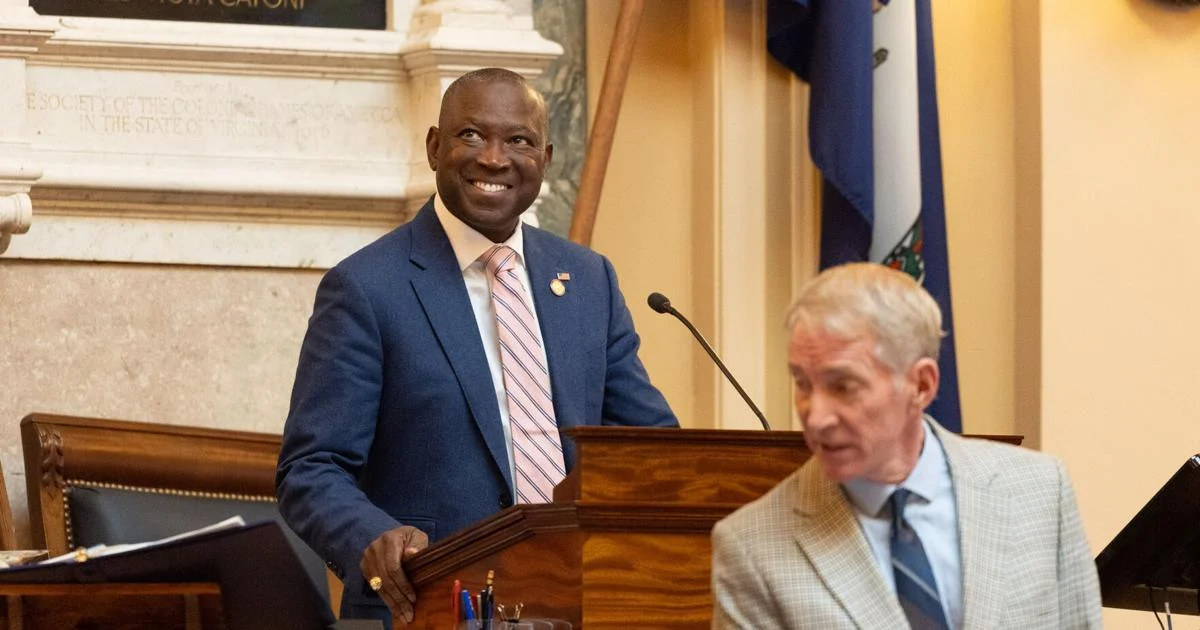Copyright Newsweek

After the Federal Aviation Administration (FAA) ordered airlines to cut back on air traffic and travel in 40 airports nationwide, many flights have already been cancelled over the next few days. The flight reductions began on Friday, with a 4 percent reduction, and then ramp up to a 10 percent reduction in traffic by November 14. The reductions are in effect between 6 a.m. to 10 p.m. local time and impact all commercial airlines. The order came as the U.S. government shutdown turned into the longest in American history, and follows weeks of flight disruptions across the country. Why It Matters The order was implemented to reduce service at a time when air traffic controllers are particularly strained amid the ongoing government shutdown, as they are having to work without pay. The reductions will have a significant impact on travelers, as on Friday alone, more than 800 flights have been cancelled following the order, according to information on the website Flight Aware. The ongoing mayhem at airports is of particular concern this month as Thanksgiving approaches, with tens of millions of Americans expected to travel for the holiday. What To Know The flight cancellations are happening at the country's busiest airports, and they only apply to domestic, not international, flights. The affected airports include: Anchorage International in Alaska, Hartsfield-Jackson Atlanta International in Georgia, Boston Logan International in Massachusetts, Baltimore/Washington International in Maryland, Charlotte Douglas International in North Carolina, Cincinnati/Northern Kentucky International in Kentucky, Dallas Love Field in Texas, Ronald Reagan Washington National in Virginia, Denver International in Colorado, and Dallas/Fort Worth International in Texas. It also includes Detroit Metropolitan Wayne County in Michigan, Newark Liberty International in New Jersey, Fort Lauderdale/Hollywood International in Florida, Honolulu International in Hawaii, Houston Hobby in Texas, Washington Dulles International in Virginia, George Bush Houston Intercontinental in Texas, Indianapolis International in Indiana, John F. Kennedy International in New York and Harry Reid International Airport in Las Vegas. More of the affected airports are: Los Angeles International in California, LaGuardia Airport in New York, Orlando International in Florida, Chicago Midway International in Illinois, Memphis International in Tennessee, Miami International in Florida, Minneapolis/St Paul International in Minnesota, Oakland International in California, Ontario International in California, and Chicago O`Hare International in Illinois. The last of the affected airports include: Portland International in Oregon, Philadelphia International in Pennsylvania, Phoenix Sky Harbor International in Arizona, San Diego International in California, Louisville International in Kentucky, Seattle/Tacoma International in Washington, San Francisco International in California, Salt Lake City International in Utah, Teterboro in New Jersey and Tampa International in Florida. Airlines have advised that travelers monitor their respective apps to keep an eye on their flights. Airlines are required to issue full refunds to those affected, but will not be covering secondary costs such as food and hotel accommodation unless a delay or cancellation results from a contributing factor that is within the control of the airlines, the Department of Transportation said. The tables below show which flights have been cancelled based on information available on airline and airport websites. What People Are Saying U.S. Transportation Secretary Sean P. Duffy said in a statement on Thursday: “My department has many responsibilities, but our number one job is safety. This isn’t about politics—it’s about assessing the data and alleviating building risk in the system as controllers continue to work without pay. It’s safe to fly today, and it will continue to be safe to fly next week because of the proactive actions we are taking.” Federal Aviation Administrator Bryan Bedford said in a statement on Thursday: “We are seeing signs of stress in the system, so we are proactively reducing the number of flights to make sure the American people continue to fly safely. The FAA will continue to closely monitor operations, and we will not hesitate to take further action to make sure air travel remains safe.” What Happens Next More flights are expected to be cancelled over the next few days, and travelers are advised to check airline websites for information on refunds, whether their flight is impacted, and any other concerns. This article contains reporting from the Associated Press.



